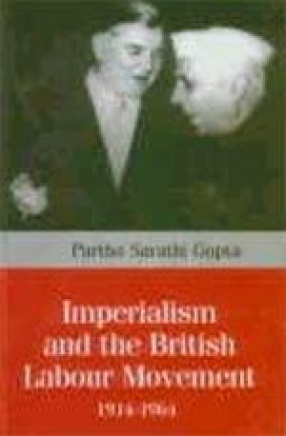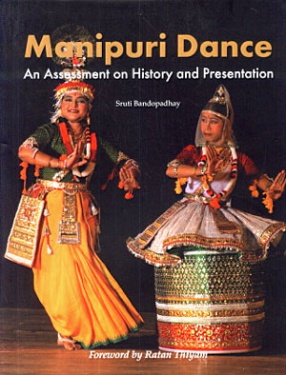One legacy of colonial rule was that Indian historians rarely taught or researched British, or any field of European, history; while British historians, by contrast, wrote extensively about India. In this context, the late Professor Partha Sarathi Gupta was an exception, for he was the first to challenge the legacy with his pioneering and classic work, Imperialism and the British Labour Movement. This book examines the attitudes and politics of the British labour movement towards the British Empire and the Commonwealth in the twentieth century. It deals with the decision-making and policy-framing institutions of the labour movement, such as the labour party, the trades union congress and their affiliated organisations. As such, it is a history of the colonial policy of the British labour movement and not merely of labour governments. Professor Gupta was among the first historians to challenge the orthodoxies about class in Britain. He questions the Leninist theory of ‘social imperialism’ that a craft-union based ‘aristocracy of labour’ had led the British working class into collusion with the capitalists, which in turn made the labour movement complicit with imperialism, the highest stage of capitalism. Today, when orthodox academic Marxism has been replaced with a theory incorporating the relationship between ideology, class domination and other post-modern perspectives, this book has acquired a new relevance. It is being reissued after a long gap with a foreword by Christopher Bayly and a preface by Madhavan K. Palat. Precise, erudite, and tight in argument, this book will be of interest to historians, political scientists, and students of economics, labour studies, sociology and social anthropology.
Imperialism and the British Labour Movement, 1914-1964
In stock
Free & Quick Delivery Worldwide
reviews
Bibliographic information
Title
Imperialism and the British Labour Movement, 1914-1964
Author
Edition
1st Ed.
Publisher
ISBN
8178291223
Length
xlix+445p.
Subjects





There are no reviews yet.